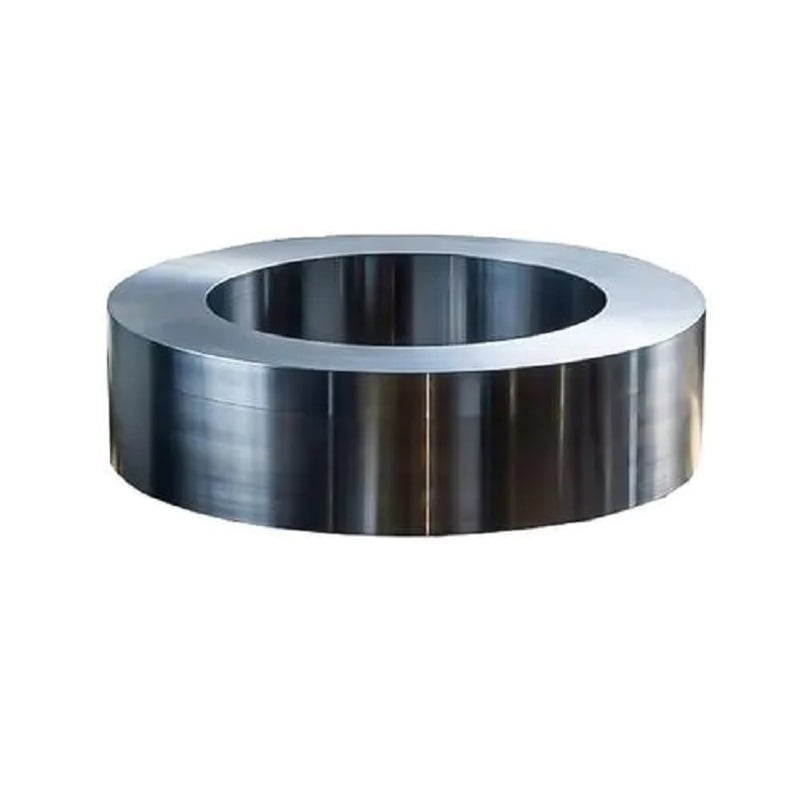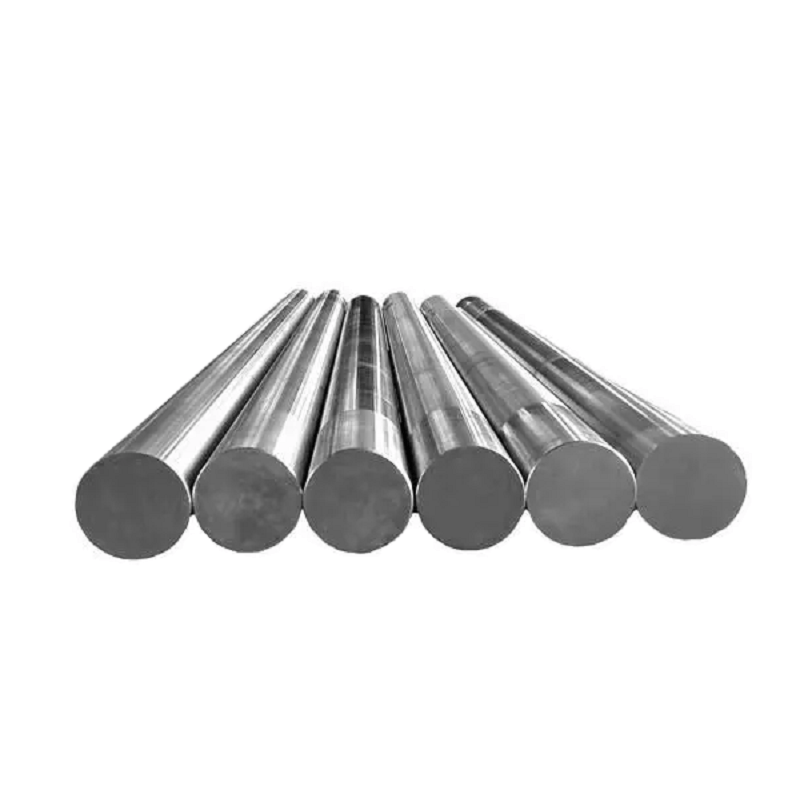Inconel 718 and Inconel 725 are both nickel-based superalloys, but they differ in composition and properties, leading to distinct applications:
Inconel 718:

- Composition: Inconel 718 typically contains about 50-55% nickel, with significant amounts of chromium (~17-21%), iron (~18.5%), niobium (~5%), and smaller additions of molybdenum, titanium, aluminum, and tantalum.
- Properties:
- Strength: Excellent strength, particularly at elevated temperatures (up to about 1300°F or 704°C).
- Corrosion Resistance: Good resistance to oxidation and corrosion.
- Applications: Widely used in aerospace, gas turbines, nuclear reactors, and other high-temperature applications where strength and corrosion resistance are critical. It is known for its reliability in high-stress environments and for retaining its properties at high temperatures.
Inconel 725:

- Composition: Inconel 725 is a nickel-chromium alloy with additions of niobium, titanium, and molybdenum. It typically contains around 58% nickel, significant chromium (~19%), niobium (~5.5%), titanium (~1.75%), and smaller amounts of molybdenum (~3%) and aluminum (~0.4%).
- Properties:
- Strength: Higher strength than Inconel 718, particularly in the temperature range of 1200-1800°F (649-982°C).
- Corrosion Resistance: Good resistance to corrosion and oxidation, similar to Inconel 718.
- Applications: Primarily used in high-stress environments requiring high strength at elevated temperatures, such as jet engine components, high-strength fasteners, and nuclear reactors.
Comparison:
- Temperature Resistance: Inconel 725 has superior strength at higher temperatures (1200-1800°F) compared to Inconel 718, which is advantageous for applications requiring strength in extreme heat conditions.
- Strength: Alloy 725 generally offers higher strength than Alloy 718, especially at elevated temperatures.
- Applications:
- Inconel 718 is more versatile and widely used across various industries due to its balanced combination of strength and corrosion resistance, suitable for a wide range of high-temperature applications.
- Inconel 725 is specifically chosen for applications demanding high strength at temperatures above what Inconel 718 can reliably withstand, making it ideal for aerospace and high-performance engineering applications.
In conclusion, the choice between Inconel 718 and Inconel 725 depends on specific requirements such as temperature range, strength needs, and environmental conditions. Inconel 718 is more general-purpose and widely used, while Inconel 725 is selected for its superior strength at higher temperatures, making it suitable for more demanding applications in extreme environments.
